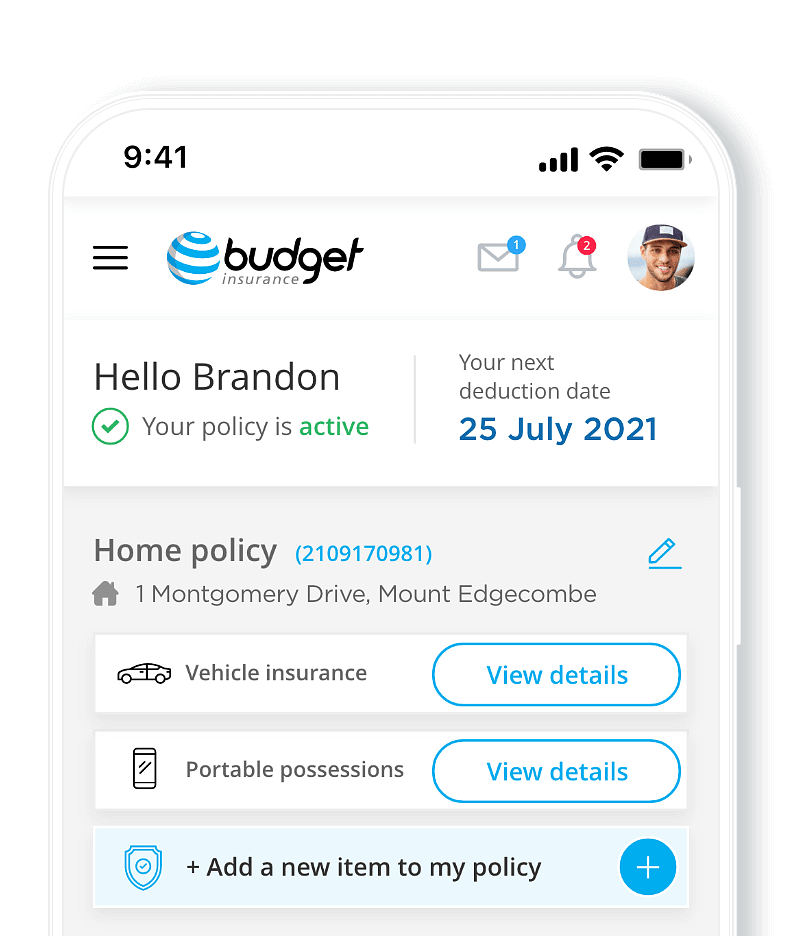We’re busy doing a bit of maintenance. If you experience any technical issues, just leave your name & number and we'll get back to you. Sorry for any inconvenience.
Quote & Buy
Car Insurance
Home Insurance
Business Insurance
Other Products

Get a car insurance
Get a car insurance
QUOTE ONLINE,
IN MINUTES!
QUOTE ONLINE,
IN MINUTES!

Products designed for your budget
Why join Budget?

Save up to R420pm when you switch to Budget

Cash Back after just
2 years

Skip the call centre queues and manage your policy online

Skip a premium every year with payment holiday
What our customers say


Independent Service Rating Based on 87 verified reviews. Read all reviews.
What our customers say


Independent Service Rating Based on 87 verified reviews. Read all reviews.
Why join Budget?

Save up to R420pm when you switch to Budget

Cash Back after just
2 years

Skip the call centre queues and manage your policy online

Skip a premium every year with payment holiday
Other insurance products on offer

Insurance for bikes
Let us worry about keeping your bike covered, so you can focus on the road.

Insurance for buildings
The structure of your home is vulnerable to risks that could easily damage it. Let us cover your structures.

Legal cover
This is a policy that includes three main benefits: the Basic Benefit, Mediation Benefit, and the Litigation Benefit.

Life insurance cover
This policy provides cover for the funeral expenses in the event of your death or that of your spouse or children.

Personal loans
This is exactly why Budget has made sure that you can get a Budget Personal Loan* of up to R250 000.

4x4 Insurance
Get affordable 4X4 Insurance quotes tailored specifically for your off-road vehicle with Budget

Insurance for bikes
Let us worry about keeping your bike covered, so you can focus on the road.

Insurance for buildings
The structure of your home is vulnerable to risks that could easily damage it. Let us cover your structures.

Legal cover
This is a policy that includes three main benefits: the Basic Benefit, Mediation Benefit, and the Litigation Benefit.

Life insurance cover
This policy provides cover for the funeral expenses in the event of your death or that of your spouse or children.

Personal loans
This is exactly why Budget has made sure that you can get a Budget Personal Loan* of up to R250 000.

4x4 Insurance
Get affordable 4X4 Insurance quotes tailored specifically for your off-road vehicle with Budget










